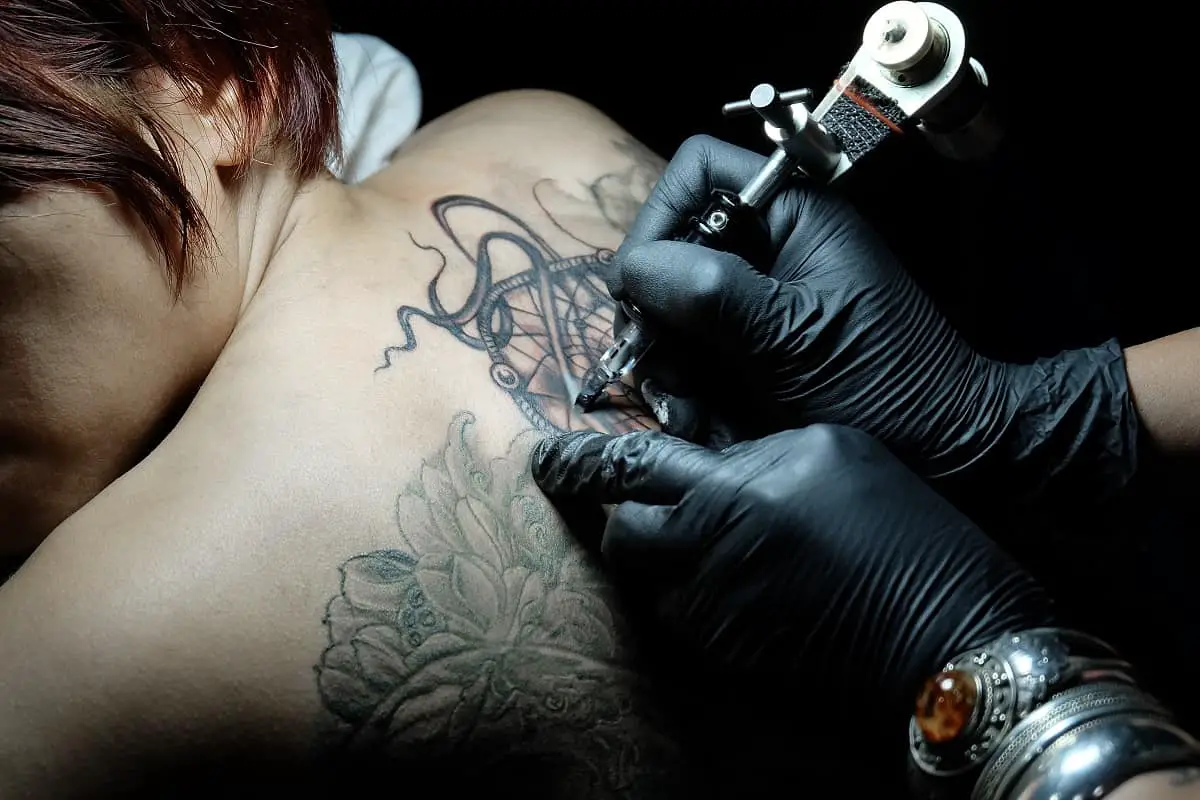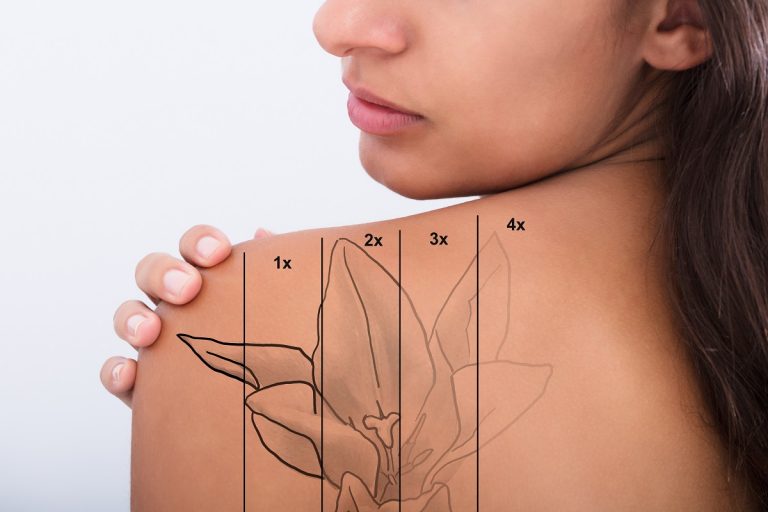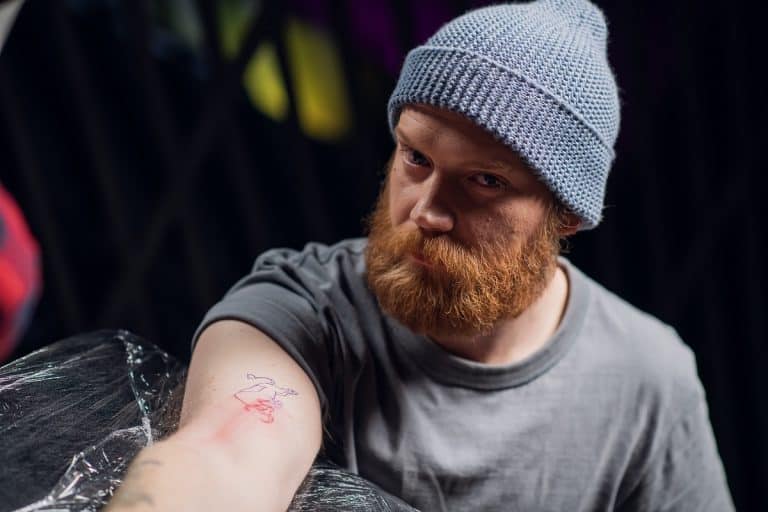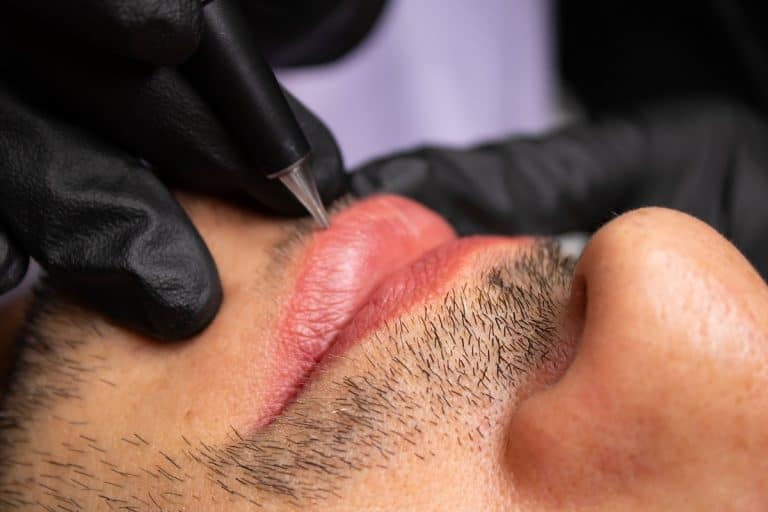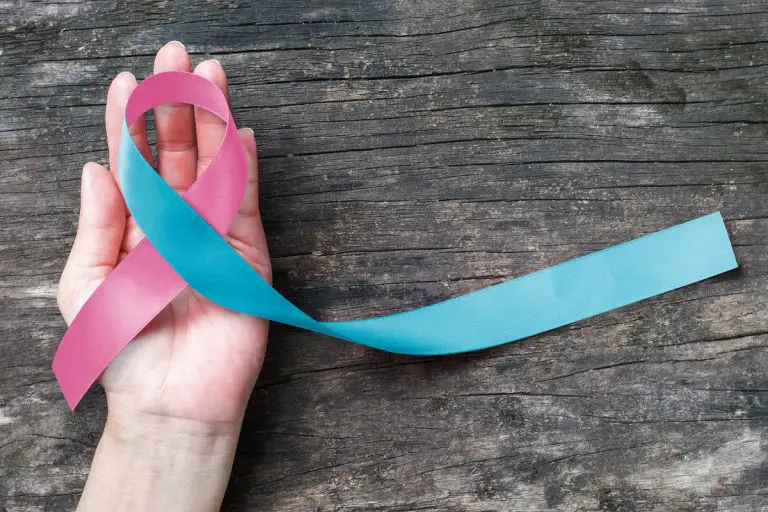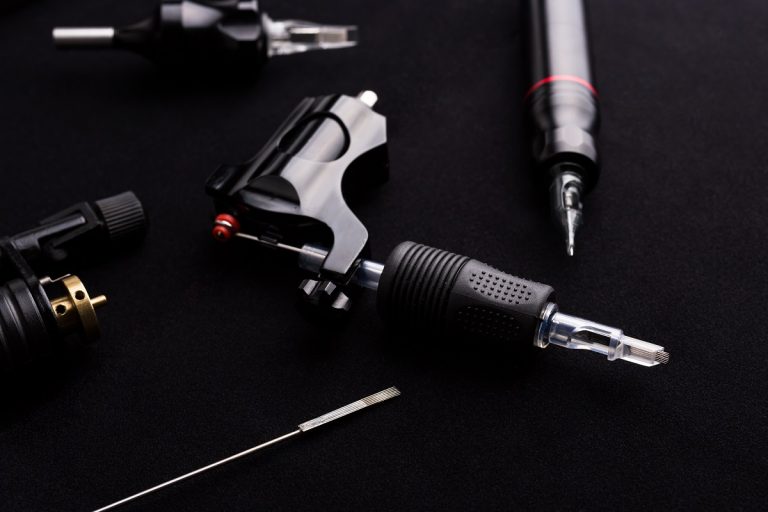Do Tattoos Fade Over Time (And How Can You Fight Tattoo Fading?)
To get a tattoo means getting a permanent work of art on your body. But, being aware that as time goes by your body changes, you cannot help but wonder what will your tattoo look like in 20 or 30 years. Will the tattoo fade or stay the same?
In the following paragraphs, we’ll take a look at the way tattoos change over time, whether they fade and if there are some tips you can use to prevent drastic tattoo change. So, without further ado, let’s get started!
Tattoos and Time: 3 Things You Should Know
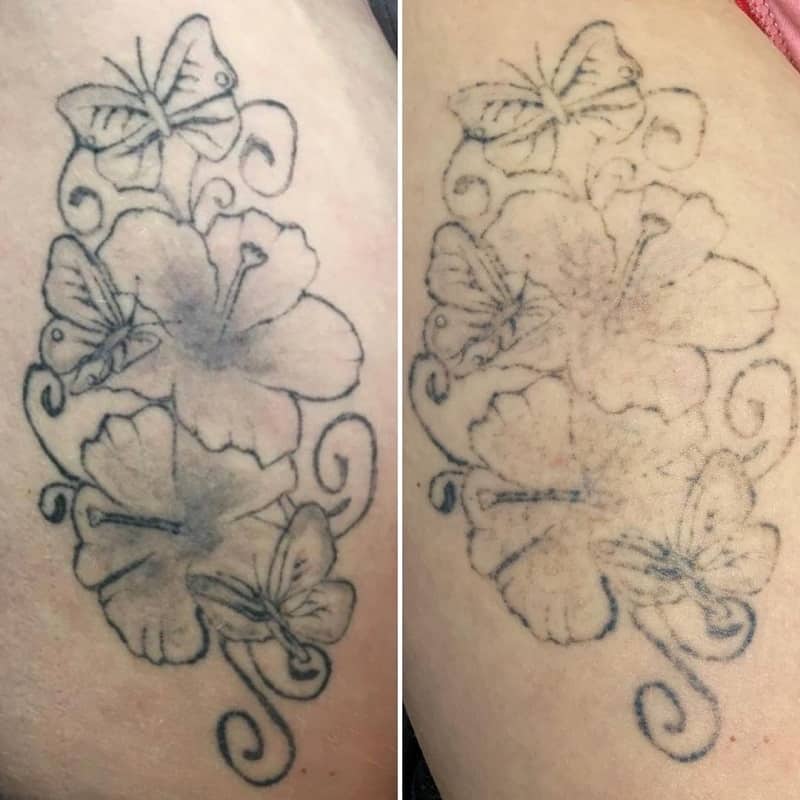
1. Do Tattoos Change Over Time and Why?
Let’s make some things clear first; yes, you will get older and yes your body will change. Of course, such a change will affect the way your tattoo looks. So, to answer the question; the tattoos do change over time, but the degree of the change varies from one person to the other.
Tattoo change is affected by numerous factors, not just the time and the body changes. So, if you’re wondering why your tattoo will most certainly change in several years, here’s why;
- Aging – our largest organ, or skin, is one of the most apparent evidence of age and getting older. Tattoos being conveniently placed on the skin also undergo the same changes as our skin. The deterioration of the skin, usually showcased as stretching and loss of elasticity, affects the appearance of the tattoo and changes its shape.
- The tattoo – over time, smaller or medium tattoos are more likely to undergo drastic changes as we get older. Tattoos that are smaller, intricate, detailed, and colored are affected even by the smallest changes on the skin. However, bigger tattoos, with less detailing and bolder lines are less likely to be visibly affected by the aging of the skin.
- The ink – this might not be common knowledge, but the quality of the ink can contribute to faster deterioration of the tattoo, alongside aging and skin changes. If a tattoo is cheap, it is probably done with high-chemical, low-pigmentation ink, which will over time start fading and contribute to the tattoo losing shape and original appearance.
2. Do Tattoos Also Fade Over Time?
Yes, tattoos do fade over time, and all tattoos eventually do! Here are some other things to note before we get into the details of tattoo fading;
- Every single tattoo you get will fade over time; some tattoos will start fading after only a couple of years, while others will start fading in your older age.
- Tattoos done at a young age will start fading in your 40s and 50s, while the tattoos done later in life will take longer to start fading.
- Aging is one of the essential contributors to tattoo fading.
- Sun exposure over time contributes to tattoo fading as well.
- One can prolong the fading by considering some preventative measures and proper aftercare of the tattoo.
- Cheaper tattoos are more likely to start fading quickly unlike more expensive tattoos.
- Correcting tattoos when they start fading can be rather expensive.
So, yes, tattoo fading is inevitable and everyone with a tattoo will experience it sooner or later. Apart from aging, one of the main contributors to tattoo fading is sun exposure.
Since your skin is a protective layer that shields the body and the organs from the sun, so is it the first to be affected and damaged by it. Even though the skin does heal and manages to regenerate over time, the damage remains.
So, if you do expose your tattoo to the sun frequently, you can expect the tattooed skin to undergo the same damage levels, and as a result, start fading. Because of sun exposure and related damage, tattooed skin can become blurry, smudged, and overall lose its original appearance and shine.
Another reason why tattoos fade over time lies in weight gain or weight loss. As we grow older, we naturally start gaining weight, which contributes to skin stretching. As the skin stretches, the tattoo stretches as well, which expands the ink and contributes to its fading. The same goes for weight loss, especially if it follows the weight gain. The skin is stretched as well as the tattoo, and now when the fat is gone, there’s nothing to hold the tattoo and its original shape.
That is why, for example, women who plan on getting pregnant aren’t recommended to do any abdomen tattoos. Even many tattoo artists refuse to do tattoos on teenagers and young adults, as they’re still growing and growth and weight gain can make the tattoo fade prematurely.
3. Does Tattoo Location Promote Faster Fading? (Body Parts and Tattoo Fading)
It is well known in the tattoo community that tattoos placed in certain body areas fade faster than others. Such fading doesn’t wait for your to get old, but tattoos tend to fade in only a few years as a result of the location on the body.
The fading in some body parts will happen regardless of the tattoo quality. Your tattoo artist can use the highest quality ink or do perfect work, but if the tattoo is placed somewhere where it will rub against something or be constantly exposed to the sun, it will fade quickly. So, here are the tattoo body placements which promote faster tattoo fading;
- The palms of the hand (because you constantly use your hands and they are exposed to different textures, materials, friction, sweat, etc.)
- The feet (because you use them constantly and they always experience rubbing against socks or shoes, as well as acidic sweat)
- The mouth and lips (due to the moisture and incredibly thin skin, as well as exposure to hot and cold temperatures of food and drinks)
- The shoulder blades (because the area is prone to friction due to bag or backpack carrying for example)
So, any place on the body that promotes high friction build up will most certainly lead to tattoo fading, no matter how well it is done or how good the ink is. Also bear in mind that sweat can cause fading of tattoos as well.
So, try not to get tattoos in places where you sweat the most. For example, avoid areas like armpits, palms, feet, inner thighs, under breast area, etc.
Which Other Things Promoting Tattoo Fading?
Many things we do daily can promote faster tattoo fading. Let’s take a look at some of the habits which can ruin your precious tattoos;
Smoking
We mentioned earlier that aging and lack of skin elasticity promote tattoo fading over time. And that is completely true. But, what about skin aging and loss of elasticity caused by smoking?
Well, smoking manages to make you and your skin older, even though you’re still young. It reduces collagen production in the body, so the skin loses its elasticity and plumpness. As a result, not only do you appear older, but your tattoos start losing life as well. Because the skin is not as elastic as it used to be, the tattoos start fading and losing the original appearance.
Smoking is a bad habit overall, and we generally advise people to quit it. So, if you were looking for a reason to quit smoking, tattoo fading is a good one. Quitting cigarettes and focusing on a healthier lifestyle will make your tattoo last longer, for sure.
Skin Over-Cleansing
Taking care of your skin is essential. However, cleansing and over-cleansing are two different things. Cleansing means you’re simply removing all the dirt, excess oils and dead skin accumulating throughout the day and the week. But, over-cleansing means you’re cleaning your skin so much you’re removing the protective skin barrier and causing irritation.
Therefore, in the case of tattoos, over-cleansing removes the protective barrier and the hydration layer which can make the skin prone to irritation and changes. Because of this the tattoos can fade and lose the initial shine and vividness.
If you want to take care of your skin properly, then simply focus on gentle skin cleansing, and don’t do it too frequently. You can do skin cleansing once or twice a week without damaging the skin and the tattoos. Make sure to stay hydrated, eat well, and stay active. All of this will keep your skin healthy and your tattoos protected.
Improper Aftercare Routine
After you get a new tattoo it is essential to start with the proper aftercare routine immediately. Proper aftercare prevents inflammation and infections, which can at the very start cause tattoo fading and appearance changes. And, of course, proper aftercare promotes fast healing and prevents fading over time.
However, make sure not to overdo it with the aftercare. Follow the rules properly and do not introduce any of the routine steps you just came up with on your own. Keep things simple; wash your hands before touching the tattoo, wash the tattoo once or twice a day, moisturize it once or twice a day, wear loose clothes and protect it from the sun.
Do not use Vaseline and petroleum jelly products, and do not pick and scratch the tattoo.
How Can You Fight Tattoo Fading?
As we mentioned earlier, your tattoo will fade eventually, and there is no exception. However, there are some tips and tricks you can utilize to prolong the fading process and enjoy your tattoo in its full glory for as long as possible. Here are the best and easiest ways you can fight tattoo fading;
Before Getting a Tattoo
- Go to a professional tattoo shop and have an experienced tattoo artist do your tattoo!
- Do not hesitate to pay a little more for a good tattoo, because the artist will use high-quality ink!
- Make sure the tattoo design is not too intricate and detailed!
- Avoid getting dense and smaller tattoos, since they fade quickly and are hard to touch up!
- Avoid getting tattooed in friction- and sweat-prone areas!
- Make sure the artist is working with sanitized tools and is working with gloves; this will prevent infection which could otherwise destroy the tattoo!
After Getting a Tattoo
- Follow the aftercare routine properly; you should start preventing tattoo fading the moment you receive the tattoo! Immediate aftercare is essential!
- Keep the tattooed area moisturized and protected from the sun!
- Avoid friction and wear loose clothes!
- Do not scratch, pick and peel the tattoo!
- Avoid swimming while the tattoo is healing!
- Keep the tattooed area clean and moisturized even when the tattoo is completely healed.
- Always wear sunscreen when the tattoo is exposed!
- Stay hydrated and eat healthily!
- Stay active and avoid excess weight gain!
- If you do gain weight, try to lose the weight gradually, so the skin doesn’t experience stretching too much!
- Quit smoking and cut down on drinking as well!
- Do not over-cleanse and over-care your skin!
- Try to stay healthy and take care of yourself; the way you feel will reflect on the way your tattoo looks!
Read More:
Final Thoughts
So, tattoo fading is inevitable; everyone with tattoos will experience it sooner or later. But, that isn’t something that should bother or bug you. Getting older is a normal process, and it will be visible on your skin. But, taking care of yourself and your health will mitigate the tattoo fading even as you get older, because your skin will remain elastic longer.
The way your tattoo will look in 20 or 30 years will be a reflection of the choices you’ve made in regards to aftercare and overall care of your body. So, the healthier you are, the brighter the tattoo will stay. Many older people still have tattoos that look great and are in good shape. So, no need to worry, just keep working on keeping yourself healthy as much as you can!
- Safe, non-toxic plant-based temporary tattoos made with 100% high-definition printing for a realistic look without the pain
- Easy to apply and remove - just stick for 20 seconds then take off
- Set includes 5 sheets with 17 fun, delicate designs like hearts, cats, smiles, suns, moons, and more
- Waterproof and long-lasting - stays on up to 2 weeks of wear
- Fashionable for women, men, girls and boys
- Place on arm, wrist, neck, leg, finger, waist, foot and more
- Great for parties, birthdays, and showing your unique style

